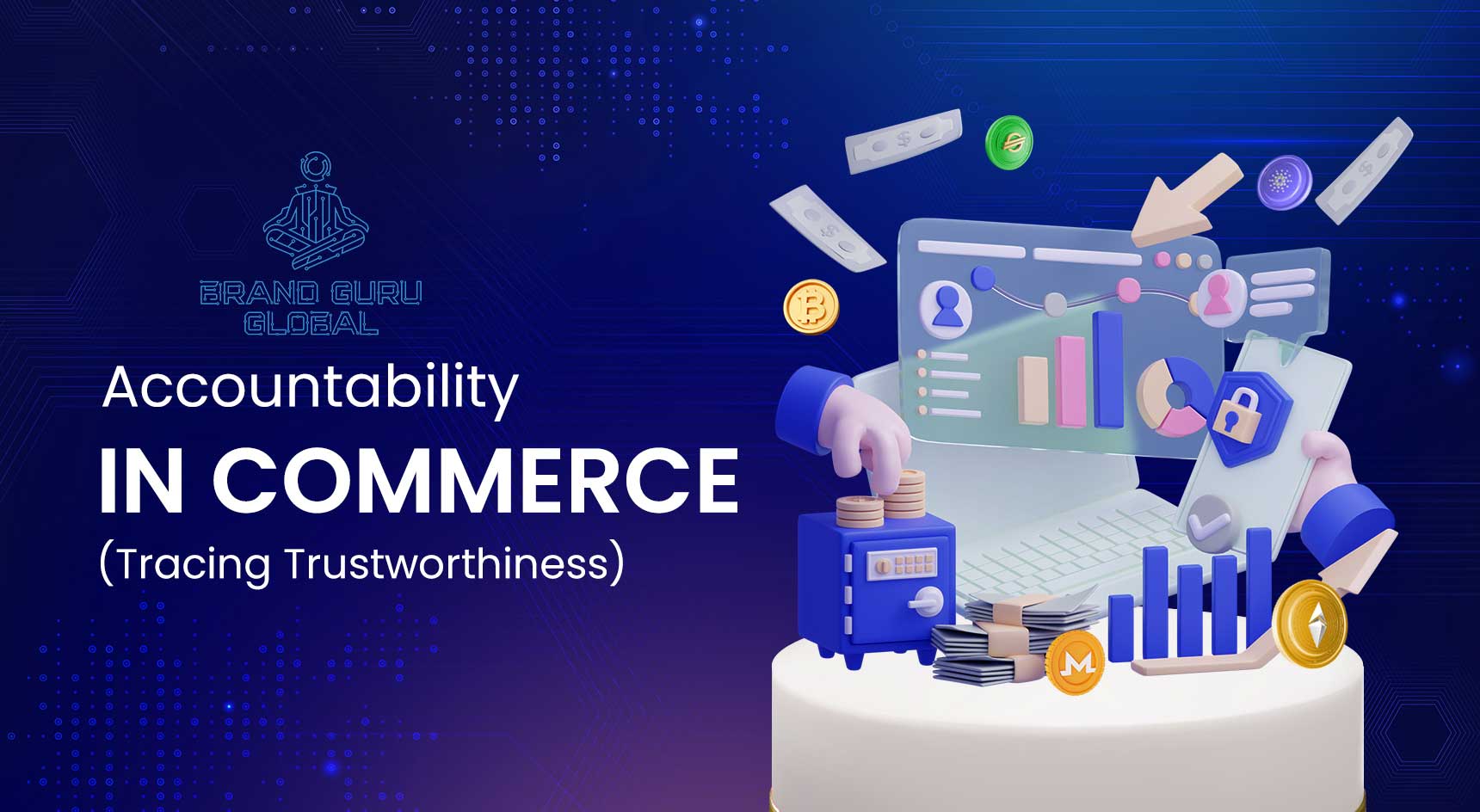In the dynamic and ever-changing landscape of digital transactions, blockchain technology has emerged as a revolutionary force, promising accountable and transparent commerce for businesses, citizens, and government bodies. This groundbreaking technology, captured in the essence of decentralized ledgers, has the potential to reshape our understanding of trust, accountability, and transparency in the modern era. In this detailed exploration, we will dissect the multifaceted impact of blockchain, from its fundamental principles to its far-reaching benefits for businesses, citizens, and government entities.
Understanding Blockchain Technology (Decentralized Security)
At its core, blockchain is a decentralized digital ledger, meticulously recording transactions across a network of computers. Each transaction, bundled into a block, is time-stamped and linked to its predecessor, creating an immutable chain. This inherent structure ensures that once a transaction is recorded, it cannot be altered retroactively. The power of blockchain lies in its decentralized nature, where no single entity has control, making it a tamper-proof and highly secure system.
Accountability in Commerce (Tracing Trustworthiness)

At its core, blockchain is a decentralized digital ledger, meticulously recording transactions across a network of computers. Each transaction, bundled into a block, is time-stamped and linked to its predecessor, creating an immutable chain. This inherent structure ensures that once a transaction is recorded, it cannot be altered retroactively. The power of blockchain lies in its decentralized nature, where no single entity has control, making it a tamper-proof and highly secure system.
Transparency in Commitments (Smart Contracts and Simplified Agreements)
Traditional agreements often drown in legal jargon, making it challenging for citizens and businesses to grasp their implications fully. Enter smart contracts, the epitome of transparency in commitments. These self-executing contracts, coded with precise terms and conditions, automatically execute when predefined criteria are met. By eliminating the need for intermediaries, smart contracts simplify agreements, ensuring that all parties involved have a clear understanding of the terms, thus fostering trust and transparency.
Advantages for Businesses (Efficiency, Cost-Effectiveness, and Cybersecurity)

Blockchain offers a plethora of benefits for businesses. By eliminating intermediaries, businesses can significantly reduce transaction costs, enabling more streamlined financial operations. Moreover, through the automation of processes via smart contracts, businesses experience increased efficiency, saving time and effort that would otherwise be spent on manual intervention. Additionally, the decentralized nature of blockchain provides enhanced cybersecurity, protecting businesses from cyber threats and data breaches.
Benefits for Citizens (Empowerment, Data Privacy, and Informed Choices)
Blockchain empowers citizens by giving them direct control over their transactions, enhancing financial autonomy and reducing dependency on centralized institutions. Personal data stored on blockchain networks is encrypted and can only be accessed with explicit permission, ensuring data privacy and minimizing the risk of identity theft. Furthermore, transparent transactions enable consumers to make informed choices, promoting fair business practices and protecting their interests.
Benefits for Government Bodies (Streamlined Processes, Anti-Corruption Measures, and Regulatory Compliance)
Government bodies stand to gain immensely from blockchain adoption. By leveraging blockchain technology, administrative processes can be streamlined, reducing bureaucracy and enhancing operational efficiency. The transparent, immutable records provided by blockchain mitigate the risk of corruption within government organizations, ensuring the integrity of public services. Moreover, blockchain facilitates accurate tax collection and ensures adherence to regulations, promoting economic stability and financial transparency.
Conclusion:
Blockchain technology stands at the forefront of a paradigm shift, promoting accountability and transparency at every level of commerce and governance. As businesses, citizens, and government bodies increasingly embrace this transformative technology, we can anticipate a future where transactions are not merely secure but also conducted with the utmost integrity. By incorporating blockchain into our economic and social systems, we are paving the way for a more accountable and transparent society, fostering trust, collaboration, and prosperity among all stakeholders.
For further reading and an in-depth exploration of blockchain technology, delve into the following reputable sources:
Embrace the future of commerce with blockchain technology, and witness the transformation of accountability and transparency in our interconnected world. The journey towards a more trustworthy and collaborative society begins with blockchain.







